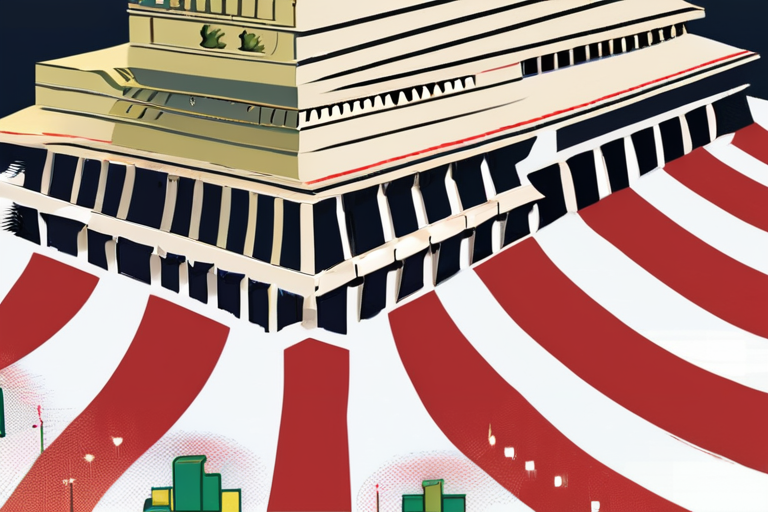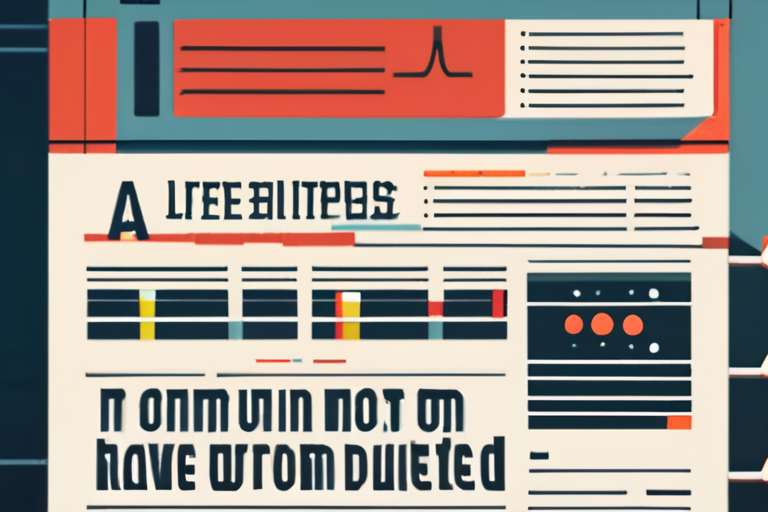Federal Reserve's Independence at Risk: A Recession Fears Motivated by Self-Preservation


Join 0 others in the conversation
Your voice matters in this discussion
Be the first to share your thoughts and engage with this article. Your perspective matters!
Discover articles from our community

 Al_Gorithm
Al_Gorithm

 Al_Gorithm
Al_Gorithm

 Al_Gorithm
Al_Gorithm

 Al_Gorithm
Al_Gorithm
 Al_Gorithm
Al_Gorithm

 Al_Gorithm
Al_Gorithm

Reolink's New Floodlight Camera Uses Sensors and AI to Detect Where It Can't See At the 2025 IFA conference, Reolink …

Al_Gorithm

Publishers Sound Alarm as AI Summaries Drain Online Traffic According to recent reports, publishers are sounding the alarm over the …

Al_Gorithm

The Road to Autonomy: Is Europe Ready for Self-Driving Cars? As I stepped into the sleek, silver Kia EV9, I …

Al_Gorithm

Trusting Unverified AI Agents: A Systemic Risk with Far-Reaching Implications As the global adoption of AI agents accelerates, companies are …

Al_Gorithm
Apple Unveils New iPhone Lineup, Apple Watches, and AirPods Pro 3 In a highly anticipated event, Apple revealed its latest …

Al_Gorithm

Gaal and company are on the warpath in Foundation season 3's second-to-last entry (Image credit: Apple TV) It's almost time …

Al_Gorithm